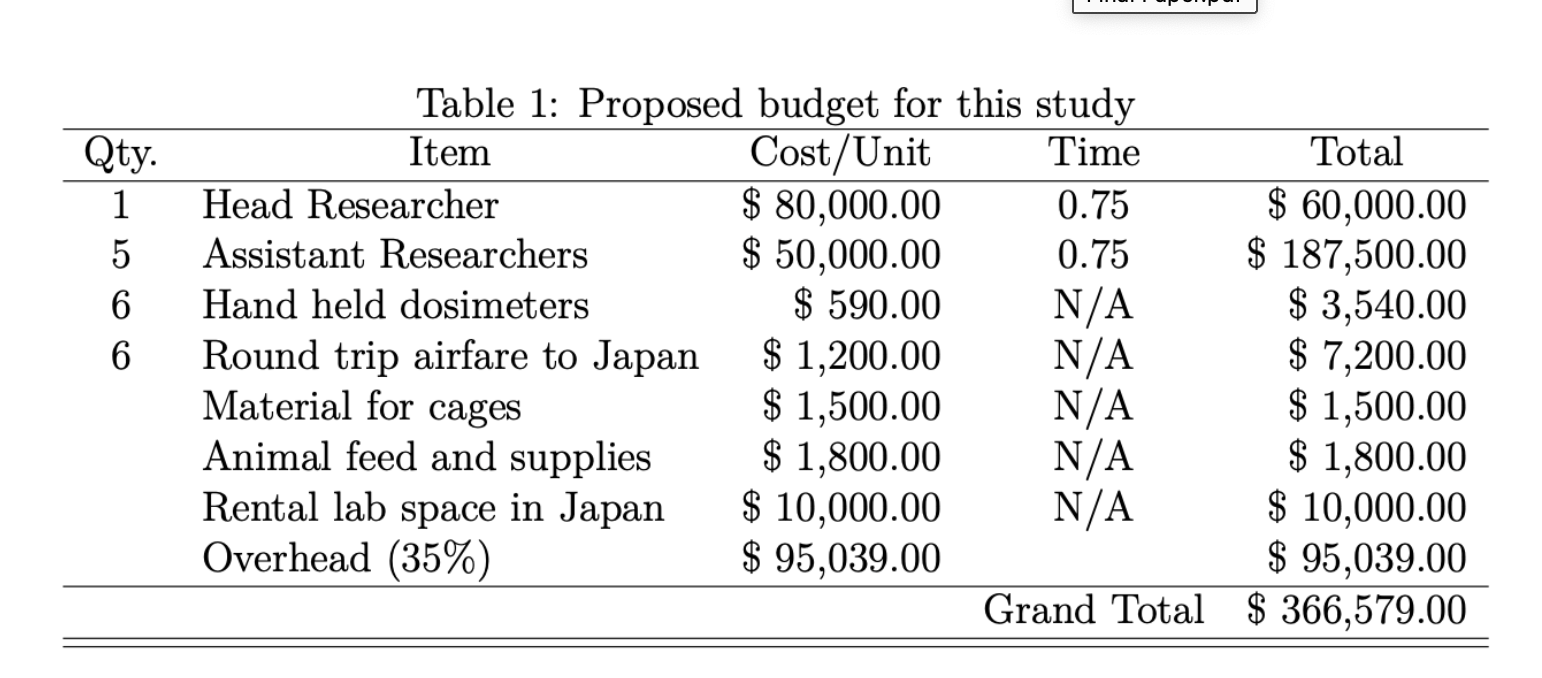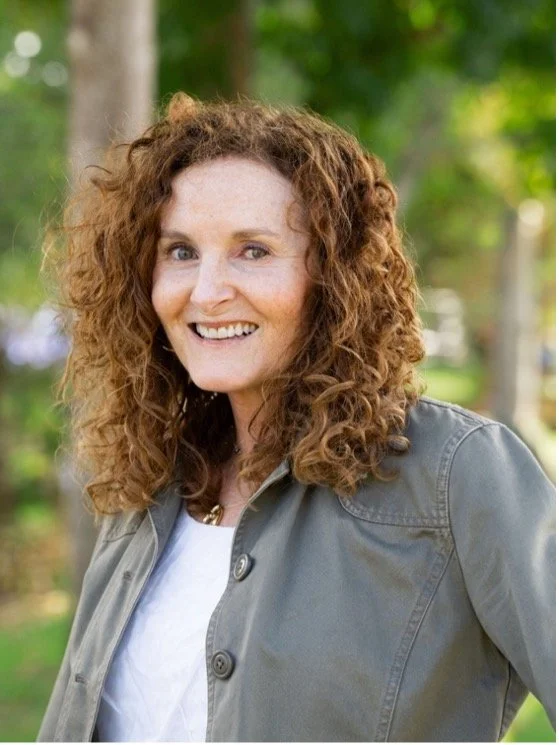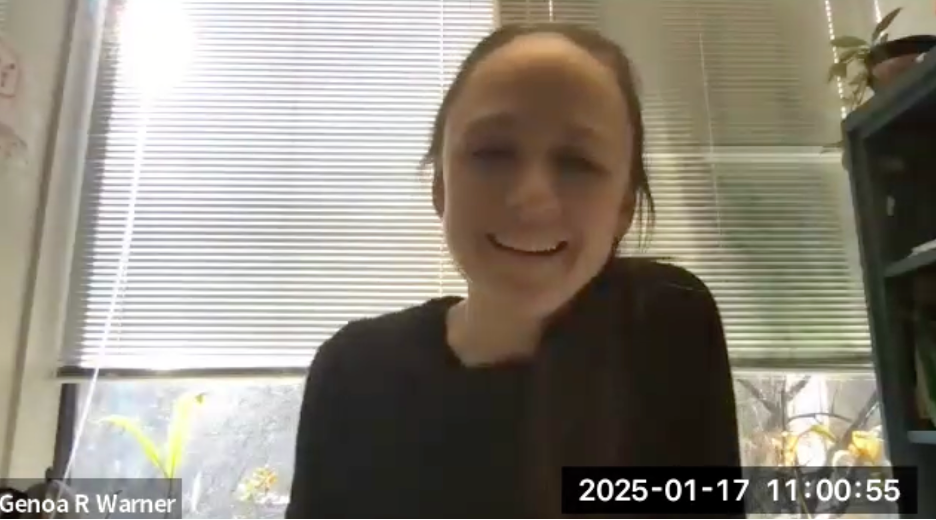Should scientists ever be activists? This is a complicated issue in the ethics of science -- and is often used as an excuse for complacency of the kind manifest in the Flint lead crisis. It was a scientist activist, however -- Marc Edwards -- who finally cared enough about children being poisoned to actually act on the problem, using science as a tool. He had already stood up to the government over lead in Washington, D.C. water:
Edwards has now done the same thing for the citizens of Flint, Michigan. Says another scientist activist/activist scientist, Bruce Lanphear,
It's surprising how often the term "activist scientist" is used negatively by climate change deniers to divert attention from the actual scientific consensus. On the other hand, the Union of Concerned Scientists uses the same term to argue that scientists absolutely should act politically on their hard-gained knowledge, educating people about the science in the process.
It does seem true that basic science proceeds best when its examiners eliminate bias, at least to the extent they can. Of course, there is a well known bias against the null hypothesis, where research that shows no effect is less likely to be published. This is a bias that is likely both systematic (journal editors and reviewers are more likely to publish papers that show an effect) and individual (researchers would prefer, therefore, to find an effect). And as I've written in a previous blog, there is also a preferential avoidance of Type I errors, or errors that show an effect where there is none. Science as a whole is less careful of Type II errors, which do not show an effect where there is a real correlation. And while it may be true that some scientists have a bias in the direction of showing a given substance causes harm, far more scientists are in the pay of industries that have a vested interest in hiding correlations between products and health harms. Too many of them allow those interests to influence outcomes and decision making. Two words: tobacco industry.
Bruce Lanphear found abundant evidence of harm in his work on the impact of pesticides on intelligence in children. Ecologist Sandra Steingraber and NCI Fellow Devra Davis have worked to show the connection between environmental chemicals and cancer. Tyrone Hayes has been persecuted personally, mercilessly by Syngenta because of his work showing that atrazine feminizes frogs. He was vindicated in a riveting New Yorker article about how far industry will go to muzzle scientists speaking out about the hazards of their products. An independent advisory panel found that among studies on atrazine, "'the single best predictor of whether or not the herbicide atrazine had a significant effect in a study was the funding source'" (Aviv 2014). In other words, those scientists funded by industry were much less likely to find health harms. Hayes, originally funded by Syngenta, was among the few researchers with the ethics and guts to remain unbiased and then to work to make those findings public. What should a scientist do who sees innocent people being seriously harmed by business as usual?
I cannot personally vouch for Stephanie Seneff, who is an anti-GMO activist who has recently published an article compiling evidence that glyphosate causes human health harms by affecting gut bacteria, but these precedents make me at least curious to see where the issue will go. In case after case, industry has been shown to hide their own evidence of harms and to bully independent scientists who find them.
One of the most famous activist scientists in the world, Jim Hansen, will visit my institution, Benedictine University, April 21. Hansen, a leading climate scientist and author of Storms of My Grandchildren, recently left NASA to become a full-time activist. As he said, “'As a government employee, you can’t testify against the government'" (Gillis 2013). He had found that his position at NASA impaired his ability to comment on the climate crisis in articles like this one in the New York Times and this one in The Guardian, both on the Paris climate talks. Hansen's take on science and activism is simple: "'Scientists are trained to be objective,' Hansen says. 'I don’t think we should be prevented from talking about the implications of science'” (Milman 2015).
The bottom line seems to be this: as much as possible, researchers should seek answers to questions without bias. This is part of the responsibility of being a scientist. But if they find evidence that the public is being grossly harmed by exposures or pollution (including CO2), and if they see that policymakers are NOT doing their part by acting on their recommendations, it is only basic ethics for them to step in and try to warn the public. Finally, Marc Edwards says it best: “I didn’t get in this field to stand by and let science be used to poison little kids,” Edwards said. “I can’t live in a world where that happens. I won’t live in that world” (Itkowitz 2015).
References
Aviv R. 2014. A valuable reputation. The New Yorker, February 10. Available at http://www.newyorker.com/magazine/2014/02/10/a-valuable-reputation
Gillis J. 2013. Climate maverick to retire from NASA, April 1. Available at http://www.nytimes.com/2013/04/02/science/james-e-hansen-retiring-from-nasa-to-fight-global-warming.html?pagewanted=all&_r=0
Itkowitz C. 2015. The heroic professor who helped uncover the Flint lead water crisis has been asked to fix it. Washington Post, January 26. Available at https://www.washingtonpost.com/news/inspired-life/wp/2016/01/26/meet-the-heroic-professor-who-helped-uncover-the-flint-lead-water-crisis/
Milman O. 2015. Jim Hansen, father of climate change awareness, calls Paris talks "a fraud." The Guardian, December 12. Available at http://www.theguardian.com/environment/2015/dec/12/james-hansen-climate-change-paris-talks-fraud












